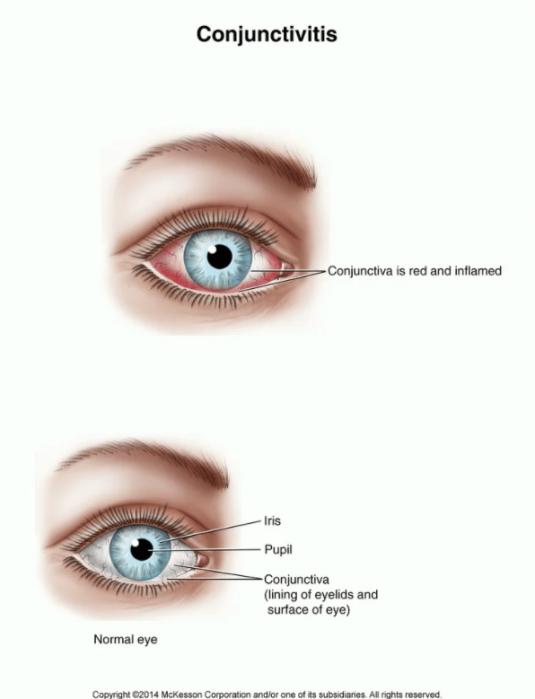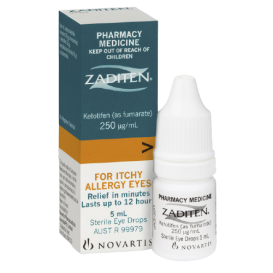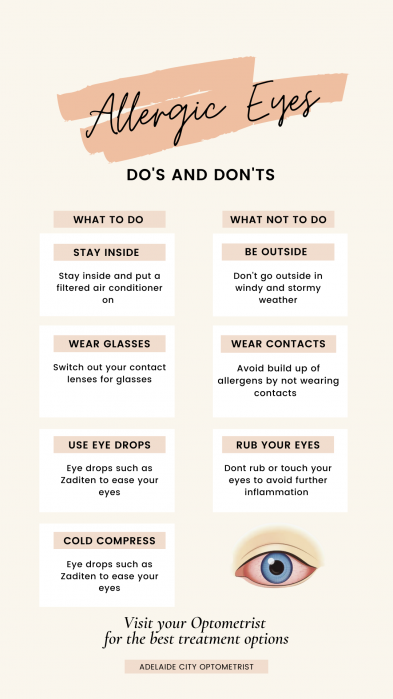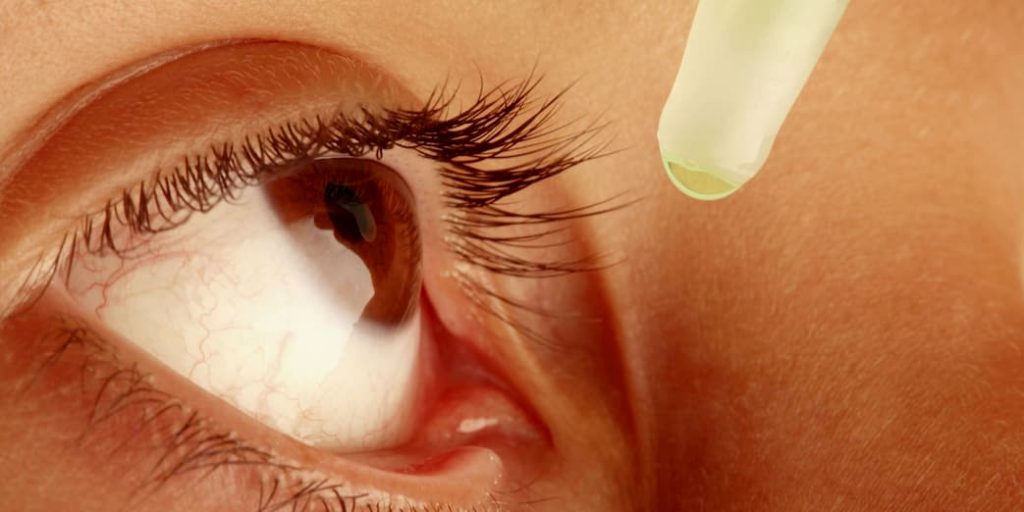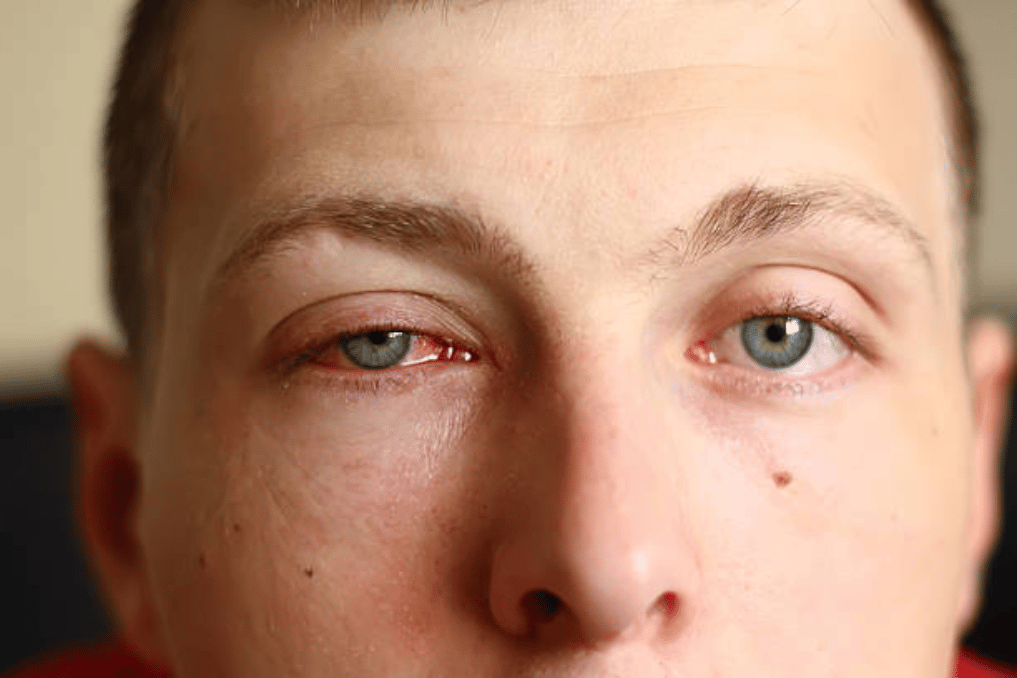
Having red, itchy eyes can be really frustrating. Allergic conjunctivitis is found in up to 30% of the population. Whether the cause is the change of seasons, illness or a chemical reaction, everyone experiences red, itchy eyes at some point. The most common ailments which affect the eyes are: Bacterial, Viral and allergic conjunctivitis.
While bacterial and viral conjunctivitis ‘pink eye’ are highly contagious, allergic rhinitis (Hay Fever) is not. Hay Fever can affect up to 6.1 million children and 20 million adults in their lifetime, so there are many remedies to help ease red, itchy eyes.
Eye health is incredibly important and if you don’t take care of your eyes it could impair your vision or cause further discomfort and issues.
If you think you suffer from eye allergies or have any of the symptoms including watery, sore, itchy, red eyes, continue reading for some effective ways to manage your allergies and get back to the hustle and bustle of daily life.
It is recommended to schedule an appointment with your Optometrist to understand your allergies and overall eye health.
WHAT IS ALLERGIC CONJUNCTIVITIS?
Allergic Conjunctivitis (also called pink eye and Hay Fever) is the most common allergy affecting the eyes.
The inside of your eyelid and the covering of your eyeball has a membrane called the conjunctiva. This is susceptible to irritation from allergens and requires an antihistamine to reduce inflammation and discomfort.
Allergic Conjunctivitis usually flares up during the change of seasons, however some symptoms can occur during other times in the year.
Common symptoms can include but not limited to sore, watery, itchy, dry, painful eyes and can be accompanied with sneezing, runny nose and discomfort.
Giant Papillary Conjunctivitis is another form of allergy flare up, and can cause small, round bumps to form on the underside of the eyelid. There are two types of GPC which are:
Vernal Keratoconjunctivitis (VKC)
Atopic Keratoconjunctivitis (AKC)
Vernal Keratoconjunctivitis is a chronic condition and usually affects those between the ages of 6-18. Usually your symptoms will come and go based on seasonal allergies.
Atopic Keratoconjunctivitis affects those with atopic eczema which starts from a young age. However, the symptoms in their eyes usually don’t start until later in adulthood.
WHAT CAUSES ALLERGIC CONJUNCTIVITIS?
The most common airborne allergens are pollen, grass pollen, pet dander, dust and mould.
During seasonal change, the temperature fluctuates frequently which can cause dry, cold air and winds which spread these allergens through the air causing allergic reactions. Expired makeup, reactions to food and chemicals are other ways you can contract eye allergies.
HOW DO YOU RELIEVE ALLERGIC CONJUNCTIVITIS?
STAY INDOORS
If the weather is stormy/windy, it may be best to stay indoors as much as possible to avoid things such as pollen, dust and pet dander, particularly during allergy season.
CONTACT LENSES
Wearing contact lenses throughout the change of seasons can be difficult if you have eye allergies. Since the surface of contact lenses can collect airborne allergens, this can cause bacterial conjunctivitis which is painful and contagious.
It is suggested to switch over to daily dispensable contact lenses to avoid a build-up. An alternative is to wear glasses during allergy season.
USE EYE DROPS
Since eye allergies are very common, there are a variety of non-prescription over-the-counter eye drops available to relieve your itchy, red eyes.
Eye drops such as Zaditen, are effective in helping relieve the symptoms caused by hay fever and other eye allergies.
If you suffer from severe allergies, it is recommended to visit your Optometrist to seek the best option for your eye health.
ORAL MEDICATION
Antihistamines such as Zyrtec and Claritine, are mast cell stabilizers which reduce allergic reactions by blocking the attachment of histamine, to cells in the body that produce an allergic response. It also reduces inflammation of the eye/eyelid.
If you are not comfortable with eye drops then this is a great alternative for relief. However, eye drops are known to be more effective as the treatment is directly on the eye.
COLD COMPRESS
A great home remedy is a cold compress around the eyes to reduce swelling and itchiness. This method is useful when you don’t have any eye drops or antihistamines with you.
THROW OUT OLD MAKEUP
The chemicals in makeup can sometimes cause allergic reactions, especially if they have expired. It is important to switch out your makeup every 6 months – 2 years depending on the product, to avoid any reactions.
Also keep in mind that eyelash extensions can cause infection or discomfort for your eyes. See blog post The Dangers of Eyelash Extensions for more information.
HOW OFTEN CAN YOU USE ZADITEN EYE DROPS?
One drop in the affected eye(s) twice a day (morning and night). After opening the bottle, Zaditen should not be used for more than 4 weeks and any remaining contents should be discarded to avoid further discomfort.
If symptoms persist or worsen make sure to contact your Optometrist to seek advice an additional care. See blog post Zaditen Eye Drops for more information.
WHAT ARE ARTIFICIAL TEARS?
Artificial tears plays a role in supplementing your natural tear film, particularly in dry environments. They replace moisture stripped by the dry air, however, they are not to be overused.
If you find that you are using them more often than recommended it is best to go and get properly diagnosed by your Optometrist to identify the issue.
WHAT ARE STEROID EYE DROPS?
When other methods and eye drops don’t work, steroid eye drops are the next option. These are prescribed by your Optometrist and are the main treatment for eye inflammation.
They should always be used for the duration recommended by your doctor/optometrist. People are often tempted to stop using the eye drops once their eyes start to feel better however this can cause a rebound effect. It is vital that you use them for the time suggested by your healthcare professional.
If you suffer from eye allergies or have any symptoms affecting your eyes, it is suggested you visit your Optometrist to find a suitable treatment.
Book Appointment
OR
Call Us On 08 8224 0189
We are located in Adelaide CBD at 182 Hutt St, Adelaide 5000.
Reference
Medically reviewed – American College of Allergy, Asthma, and Immunology. Allergy Facts. http://acaai.org/news/facts-statistics/allergies

